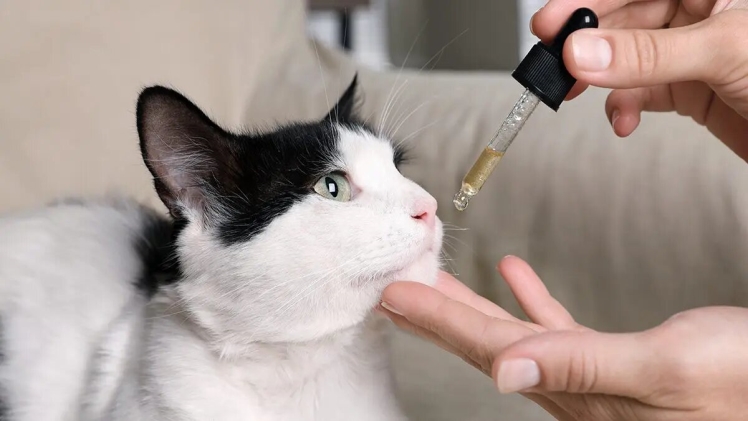Cats often mask their discomfort well with their unemotional demeanor and agile nature. However, just like humans, they are not immune to pain, which can stem from various causes, including age-related issues, diseases, or injuries. Lately, Cannabidiol, commonly known as CBD, has gained attention as a viable option for alleviating pain in pets, including cats. This article explores the effectiveness, safety, and guidelines for using CBD oil for cats to manage pain, offering pet owners a holistic alternative to traditional pain relief methods.
Recognizing Pain in Feline
Cats are notorious for their ability to conceal pain. This survival instinct can make it challenging for owners to detect signs of distress until they are pronounced. Whether it’s acute pain from an accident or surgery or chronic pain from situations like arthritis, understanding your cat’s normal behavior is key to spotting unusual signs such as decreased activity, appetite changes, or unusual vocalizations.
Introduction to CBD
CBD is derived from cannabis and hemp plants, but unlike its counterpart, THC (tetrahydrocannabinol), it does not produce a psychoactive effect. This distinction makes CBD appealing for pet owners looking for natural remedies for their pets’ ailments.
How It Works for Pain Relief in Cats
CBD’s potential to manage pain lies in its interaction with the endocannabinoid system (ECS), which is present in all mammals. The ECS regulates various bodily functions, including pain sensation. CBD is thought to support the ECS in reducing inflammation and anxiety, thereby mitigating pain.
Assessing CBD’s Safety for Cats
Safety is a paramount concern when considering CBD oil for cats. Current research, though still evolving, suggests CBD is generally safe for pets when administered in the appropriate dosage. Selecting high-quality, pet-specific CBD products and starting with a minimal dose is crucial.
Selecting a Product for Your Cat
The surge in CBD’s popularity has led to a diverse market of products. When choosing CBD for your cat, consider the following:
- Opt for third-party tested products to verify purity and CBD content.
- Choose THC-free options to avoid psychoactive risks.
- Prefer pet-specific formulations that cater to feline tastes and dietary requirements.
- Consult a veterinarian to ensure CBD compatibility with your cat’s health status and existing treatments.
Administering CBD to Your Cat
Finding the correct dosage is crucial for effectiveness and safety. Begin with the smallest recommended dose and observe your cat’s response. CBD is available in various forms, such as oils, treats, and capsules, with oils offering more flexibility in dosage adjustments.
Advantages of CBD for Cats
Pet owners who have turned to CBD for their cats’ pain management report several benefits:
- Alleviation of Pain: Particularly beneficial for chronic conditions like arthritis.
- Anxiety Reduction: Helpful in calming cats facing stress or anxiety.
- Enhanced Well-being: Overall improvement in life quality through pain and anxiety relief.
Watching for Side Effects
While CBD is largely safe, some cats may exhibit side effects, including dry mouth, drowsiness, or slight changes in blood pressure. Monitoring your cat for any adverse reactions when introducing Cannabidiol is crucial, and any concerns should prompt consultation with a veterinarian.
Final Thoughts
Cannabidiol offers a promising, natural approach to managing feline pain, enhancing the quality of life for our feline companions. However, the decision to incorporate CBD into your cat’s care regimen should be made with careful consideration and veterinary guidance. As research progresses, the hope is for CBD to become a well-established component in the spectrum of care available for managing feline pain, ensuring our pets lead happier, healthier lives.

